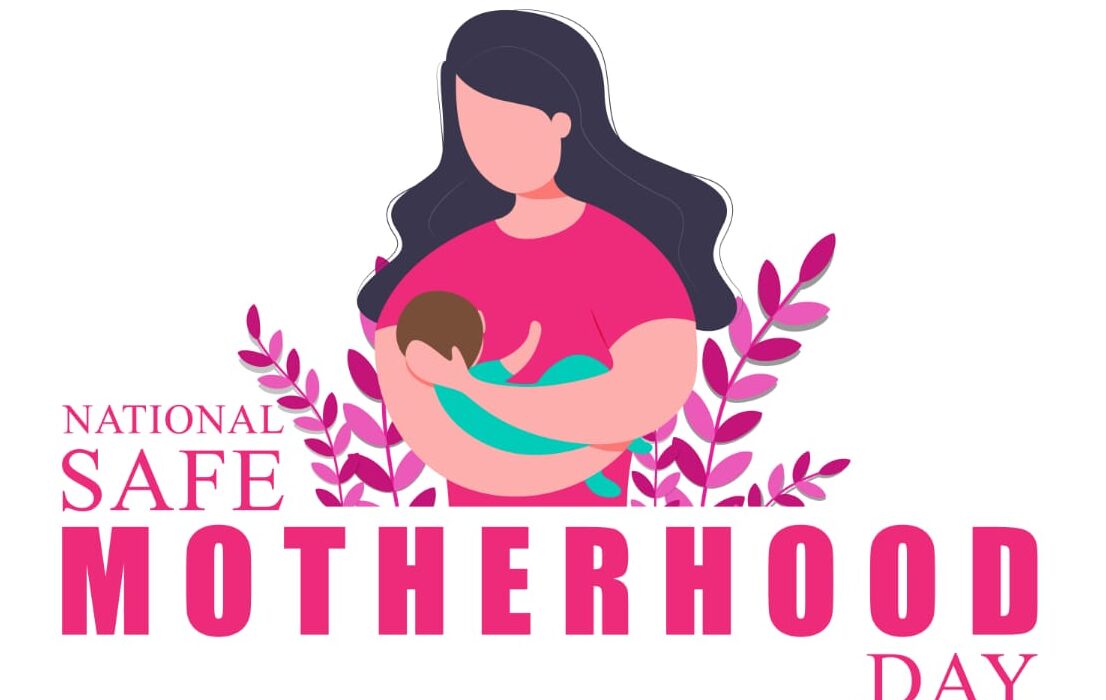Every year on April 11th, India observes National Safe Motherhood Day, a day dedicated to raising awareness about the importance of maternal health and reducing maternal mortality rates. This day serves as a reminder of the challenges faced by expectant mothers and emphasizes the need for comprehensive healthcare services to ensure safe pregnancies and childbirth.
The significance of National Safe Motherhood Day stems from the recognition that motherhood should be a joyous and fulfilling experience, but for many women, it can also be a time of great risk and vulnerability. Maternal mortality, defined as the death of a woman during pregnancy, childbirth, or within 42 days of termination of pregnancy, remains a pressing global health issue, particularly in developing countries like India.
India has made significant strides in improving maternal healthcare over the years, yet challenges persist. Access to quality healthcare services, particularly in rural and remote areas, continues to be a major barrier for many expectant mothers. Additionally, social determinants such as poverty, lack of education, and cultural practices often contribute to adverse maternal health outcomes.
One of the key objectives of National Safe Motherhood Day is to advocate for policies and programs that prioritize maternal health and well-being. This includes ensuring access to prenatal care, skilled birth attendants, emergency obstetric services, and postnatal support for mothers and newborns. It also involves promoting education and awareness about maternal health issues, encouraging healthy behaviors during pregnancy, and addressing underlying social and economic factors that impact maternal outcomes.
In recent years, initiatives such as the Janani Suraksha Yojana (JSY) and Pradhan Mantri Surakshit Matritva Abhiyan (PMSMA) have been instrumental in improving maternal healthcare services and reducing maternal mortality rates in India. These programs aim to provide financial assistance, institutional delivery incentives, and comprehensive antenatal care to pregnant women, particularly those from marginalized communities.
However, despite these efforts, there is still much work to be done. The COVID-19 pandemic has highlighted the fragility of healthcare systems and exacerbated existing challenges in maternal health. Disruptions in healthcare services, fear of contracting the virus, and economic hardships have disproportionately affected pregnant women, increasing their vulnerability to adverse outcomes.
As we observe National Safe Motherhood Day, it is crucial to reiterate our commitment to ensuring safe and healthy pregnancies for all women. This requires a multi-faceted approach that addresses not only medical factors but also social, economic, and cultural determinants of maternal health. Governments, healthcare providers, NGOs, and communities must work together to invest in maternal healthcare infrastructure, promote equitable access to services, and empower women to make informed choices about their reproductive health.
Ultimately, the goal of National Safe Motherhood Day is to create a world where every woman can experience the joy of motherhood without facing unnecessary risks to her health and well-being. By raising awareness, advocating for change, and taking concrete actions to support maternal health, we can move closer to achieving this vision and ensuring a safer, brighter future for mothers everywhere.

